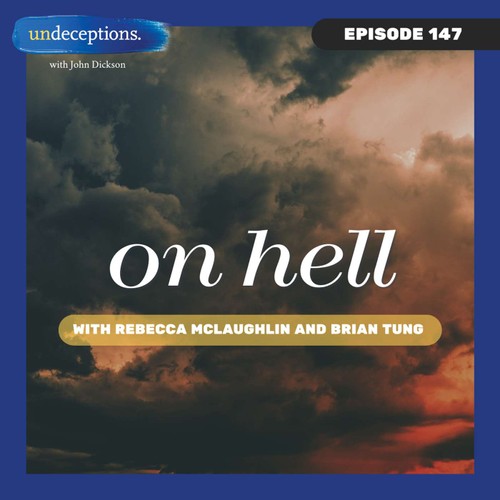
 Undeceptions with John Dickson
Undeceptions with John Dickson 147. On Hell
144 snips
Jan 26, 2025 Rebecca McLaughlin, author of "Confronting Christianity" and a doctorate holder from Cambridge, along with Brian Tong, a theology professor, dive into the intricate topic of hell. They illuminate biblical perspectives, especially Jesus' teachings, and tackle misconceptions about eternal punishment. With discussions on metaphorical interpretations and the nuances of divine justice, they explore how personal choices shape one's understanding of hell. The conversation also weaves in C.S. Lewis's insights, shedding light on the relationship between faith, judgment, and personal experience.
AI Snips
Chapters
Books
Transcript
Episode notes
Gehenna Today
- John Dickson visited Gehenna, a place in Jerusalem associated with hell.
- It's now a family picnic area.
Hell's Difficulty
- C.S. Lewis wished he could remove hell from Christian doctrine.
- Jesus spoke about hell more than anyone in the Bible.
Jesus on Hell
- Jesus used the word "hell" more than anyone in the Bible.
- Hell is not a later church invention.












